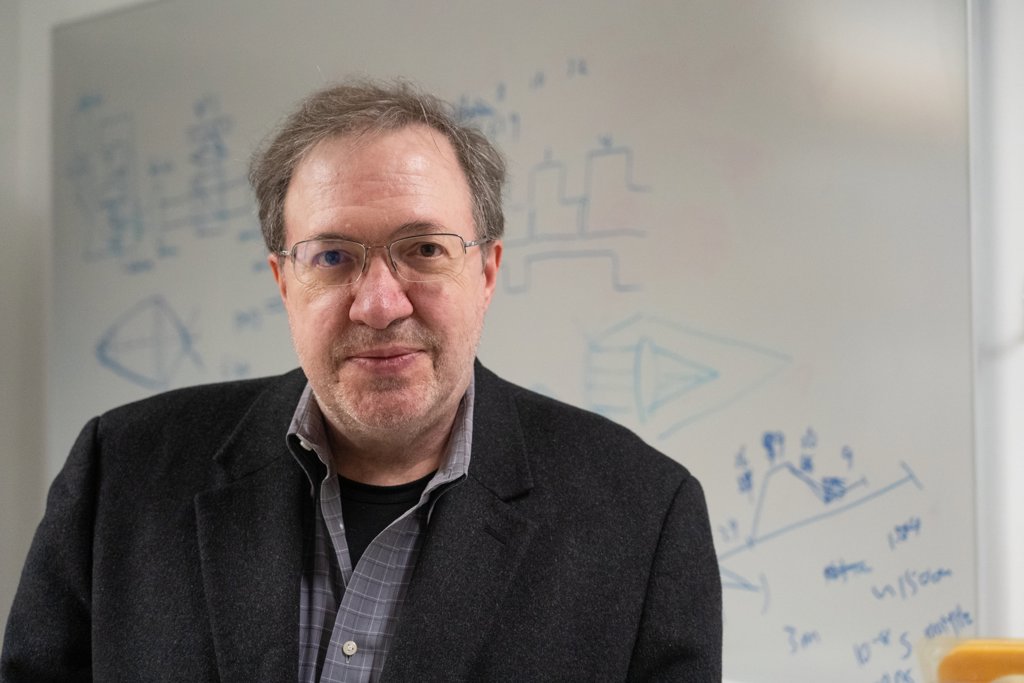Norbert F Scherer
Norbert F Scherer

Norbert F. Scherer received his BS degree from the University of Chicago, USA, and his PhD from California Institute of Technology, USA. He was a National Science Foundation Postdoctoral Fellow and is currently a Professor of Chemistry, both at the University of Chicago.
Scherer’s research accomplishments in optical sciences span many fields, from single molecule biophysics to ultrafast chemical reaction dynamics to optical physics. His graduate research with Ahmed Zewail founded the field of “Femtochemistry,” and his postdoctoral research on controlling optical phase is the basis for modern 2-dimensional optical and infrared ultrafast spectroscopies. He first demonstrated simultaneous nanometer and femtosecond space-time-resolved electron dynamics on metal surfaces. He was also the first to demonstrate super-resolution localization of multiple single-molecule fluorophores and optically trap and orientationally control single plasmonic nanoparticles. He and a team of co-workers developed a dual-beam interferometric optical trapping method to enable in-situ coherent X-ray diffraction from nanowires in solution. His current focus is controlling "non-reciprocal" forces as an outgrowth of his pioneering work on nanoparticle-based optical matter and creation of stochastic optical matter machines, and optical magnetism in meta-atom materials.
He has mentored more than 35 graduate students and 40 postdoctoral students, and published over 200 papers. He is Fellow of Optica and the American Physical Society. He has received the Peter Debye Prize, the Department of Defense Vannevar Bush Faculty Fellowship, the John Simon Guggenheim Memorial Foundation Fellowship, the Alfred P. Sloan Fellowship, the Camille and Henry Dreyfus Teacher-Scholar Award, the Arnold and Mabel Beckman Young Investigator, the David and Lucile Packard Fellowship, and the National Science Foundation National Young Investigator. In 2022, he received the C.E.K. Mees Medal, "for seminal contributions to optical science by developing novel methods and applications in ultrafast nonlinear spectroscopy, single molecule microscopy, nanoplasmonics, optical vector beam spectroscopy, and optical trapping, optical matter and nano-machines."
Document Created: 26 July 2023
Last Updated: 28 August 2023
